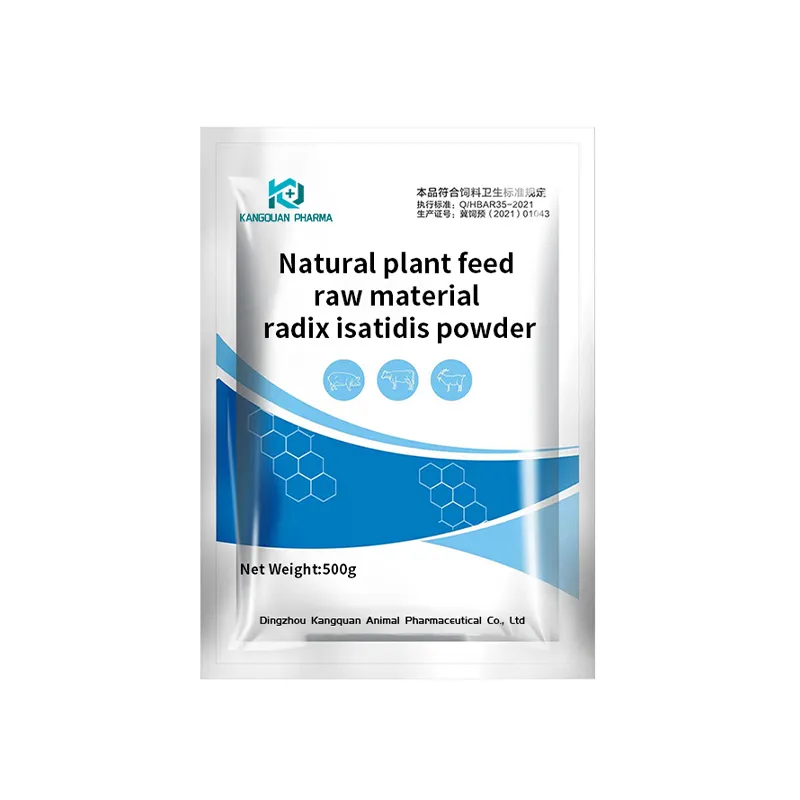- Afrikaans
- Albanian
- Amharic
- Arabic
- Armenian
- Azerbaijani
- Basque
- Belarusian
- Bengali
- Bosnian
- Bulgarian
- Catalan
- Cebuano
- Corsican
- Croatian
- Czech
- Danish
- Dutch
- English
- Esperanto
- Estonian
- Finnish
- French
- Frisian
- Galician
- Georgian
- German
- Greek
- Gujarati
- Haitian Creole
- hausa
- hawaiian
- Hebrew
- Hindi
- Miao
- Hungarian
- Icelandic
- igbo
- Indonesian
- irish
- Italian
- Japanese
- Javanese
- Kannada
- kazakh
- Khmer
- Rwandese
- Korean
- Kurdish
- Kyrgyz
- Lao
- Latin
- Latvian
- Lithuanian
- Luxembourgish
- Macedonian
- Malgashi
- Malay
- Malayalam
- Maltese
- Maori
- Marathi
- Mongolian
- Myanmar
- Nepali
- Norwegian
- Norwegian
- Occitan
- Pashto
- Persian
- Polish
- Portuguese
- Punjabi
- Romanian
- Russian
- Samoan
- Scottish Gaelic
- Serbian
- Sesotho
- Shona
- Sindhi
- Sinhala
- Slovak
- Slovenian
- Somali
- Spanish
- Sundanese
- Swahili
- Swedish
- Tagalog
- Tajik
- Tamil
- Tatar
- Telugu
- Thai
- Turkish
- Turkmen
- Ukrainian
- Urdu
- Uighur
- Uzbek
- Vietnamese
- Welsh
- Bantu
- Yiddish
- Yoruba
- Zulu
Ara . 14, 2024 12:45 Back to list
Can Injectable Ivermectin Be Administered Orally to Swine for Effective Treatment?
The Use of Injectable Ivermectin in Swine Oral Administration Considerations
Ivermectin is a broad-spectrum antiparasitic agent that has been widely used in veterinary medicine, particularly for its effectiveness in treating various parasitic infections in livestock. In pigs, ivermectin is primarily administered via injection, but questions often arise about the feasibility of administering this medication orally instead. This article explores the implications of giving injectable ivermectin orally to swine, considering factors such as absorption, effectiveness, and safety.
Understanding Ivermectin and Its Applications
Ivermectin belongs to a class of drugs known as macrocyclic lactones, which are known for their ability to target the nervous system of parasites, leading to paralysis and death. This makes it particularly effective against a range of parasites, including nematodes, mites, and certain external parasites like lice and ticks in swine. The injectable form of ivermectin is commonly used due to its rapid action and ease of administration in a herd setting.
The Pharmacokinetics of Injectable Ivermectin
When ivermectin is administered via injection, it enters the bloodstream directly, allowing for quick distribution throughout the body. This route bypasses the gastrointestinal tract, which can have a significant effect on the drug's bioavailability and efficacy. In contrast, oral administration relies on absorption through the digestive system, where factors such as gastrointestinal pH and the presence of food can influence how much of the drug actually enters systemic circulation.
Research has shown that injectable formulations of ivermectin are designed to be delivered via subcutaneous or intramuscular routes, ensuring that the active ingredient is available in a form and concentration that is optimal for combating parasitic infections. When considering an oral administration of injectable formulations, there is a substantial concern over reduced efficacy due to altered absorption rates.
Efficacy Concerns of Oral Administration
can injectable ivermectin be given orally to swine

One of the primary concerns in giving injectable ivermectin orally to swine is whether the drug would retain its efficacy. Injectable formulations are not designed for oral use. When taken orally, the active ingredient may be subjected to extensive metabolism by the liver (first-pass metabolism), significantly diminishing its effectiveness. Moreover, the pharmacokinetics of ivermectin can be unpredictable when taken this way, resulting in varying plasma concentrations among individuals, which may lead to subtherapeutic dosing or treatment failure.
Additionally, swine do not naturally consume injected formulations, and the potential introduction of additives or preservatives in injectable products might result in gastrointestinal upset or toxicity when ingested.
Safety Considerations
Safety is another critical factor in considering oral administration of injectable ivermectin. The dosage for injectable ivermectin is specifically calculated for other routes of administration, and utilizing it orally could lead to dosing inaccuracies. This may either cause underdosing, leading to ineffective treatment, or overdosing, which can result in toxicity and adverse reactions. Signs of ivermectin toxicity in swine include lethargy, excessive salivation, and in severe cases, neurologic dysfunction.
Moreover, improper administration techniques or confusion between injectable and oral formulations can lead to significant health risks within the herd. The risk of causing harm through improper use emphasizes the importance of adhering to established veterinary guidelines.
Conclusion
In summary, administering injectable ivermectin orally to swine is not advisable due to concerns regarding absorption, efficacy, and safety. The unique pharmacological characteristics of injectable formulations mean they are optimally used as intended. For effective treatment and management of parasitic infections in swine, it is crucial to follow veterinary recommendations and utilize medications as they are specifically designed. Doing so ensures the safety, health, and productivity of the swine population. Always consult with a veterinarian before making any modifications to approved treatment protocols.
-
Guide to Oxytetracycline Injection
NewsMar.27,2025
-
Guide to Colistin Sulphate
NewsMar.27,2025
-
Gentamicin Sulfate: Uses, Price, And Key Information
NewsMar.27,2025
-
Enrofloxacin Injection: Uses, Price, And Supplier Information
NewsMar.27,2025
-
Dexamethasone Sodium Phosphate Injection: Uses, Price, And Key Information
NewsMar.27,2025
-
Albendazole Tablet: Uses, Dosage, Cost, And Key Information
NewsMar.27,2025













